Victoria and Abdul
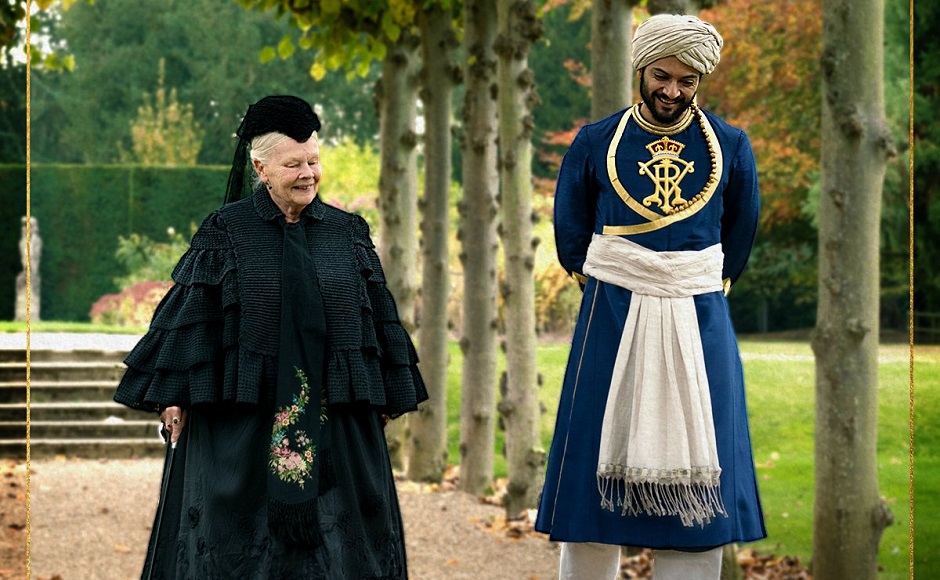
Victoria and Abdul tells the story of what is arguably the most scandalous period of Queen Victoria’s life. Towards the end of her reign, the Queen favoured and formed a very close bond with Abdul Karim, a Muslim Indian who began their unconventional relationship as a servant, but soon became her confidant and friend. Victoria referred to him as her Munshi (teacher), and his elevation in society offended many of those closest to her.
The film plays out closely enough to the historical truth. Judi Dench is naturally excellent as Queen Victoria again, as she conveys apathy and melancholy to great effect. Even though her wealth, status and privilege is undeniable, so is her poignantly believable weariness and loneliness. That Dench can jump from tired to tigress time and time again in the space of a single movie is yet another testament to her great talent. However, her skill and some well-timed jokes are not enough to carry this picture.
Abdul, played by the charming Ali Fazal, is entirely bereft of complexity. His motives are uncomplicated; he simply adores the Queen. He’s a fan before he meets her, and as their relationship progresses he tells her he regards her even more highly than his own poor wife. This muddies the dynamic of their friendship, taking them from friends to potentially more than that in a manner that is never fully explored or explained.
In an almost cowardly fashion, nothing in Lee Hall ‘s (Billy Elliot) script explains Karim’s regard for Victoria past the idea that it’s apparently an honour to be around her. With this in mind, and for all Karim’s (and the film’s) apparently pure intentions, his character is about as deep as a shower tray.
For a moment, there’s hope in Abdul’s grumpy fellow servant Mohammed (Adeel Akhtar) who voices discontent with their situation and the monarchy. However, even he cannot prise depth from Karim. Mohammed refers to the English as “oppressors”, but that’s as far Hall and director Stephen Frears (The Queen, Philomena) dare go to express the brutality of the empire.
This becomes a confusing experience for viewers. Yes, the film shows that classism and racism is bad and that multiculturalism is good, which in today’s political climate is most welcome. The fact that one of the most powerful British monarchs in history learnt Urdu and studied the Qur’an should be yelled from the rooftops.
But it appears that audiences are expected to forgive an entire empire’s worth of transgressions because one sovereign respected one man and, at least the way Victoria and Abdul tells it, fetishised his culture. On top of that, the exposition through dialogue is unfortunate (note one lamentable monologue in particular that even Dench can’t quite save), and camera shots are not always well thought out. No matter how many jokes land, Victoria and Abdul is still a very bitter, clumsy pill to swallow.
Aidan Milan
Victoria and Abdul is released nationwide on 15th September 2017.
Watch the trailer for Victoria and Abdul here:


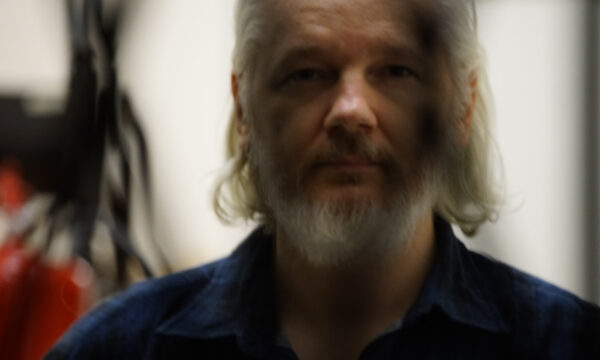
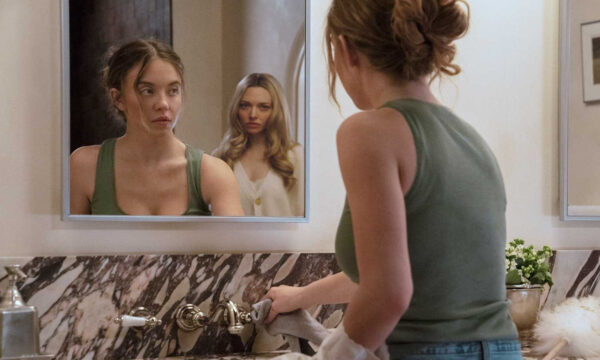

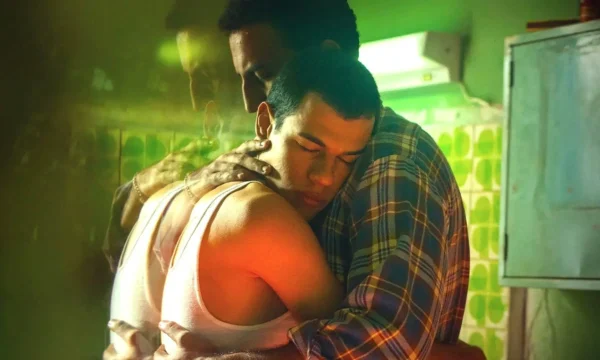



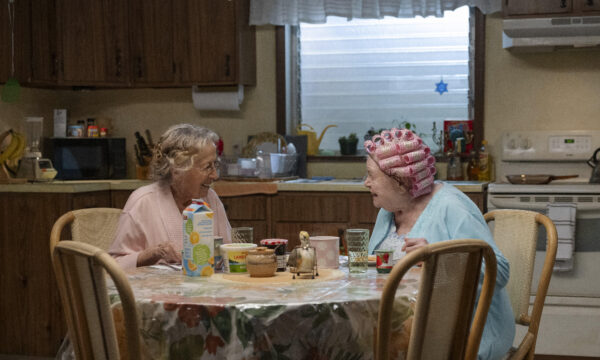




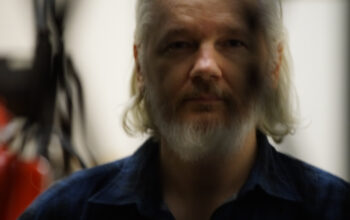

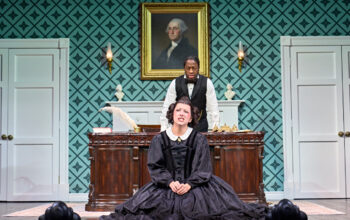






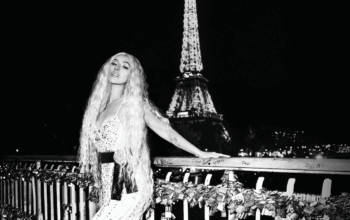
Facebook
Twitter
Instagram
YouTube
RSS